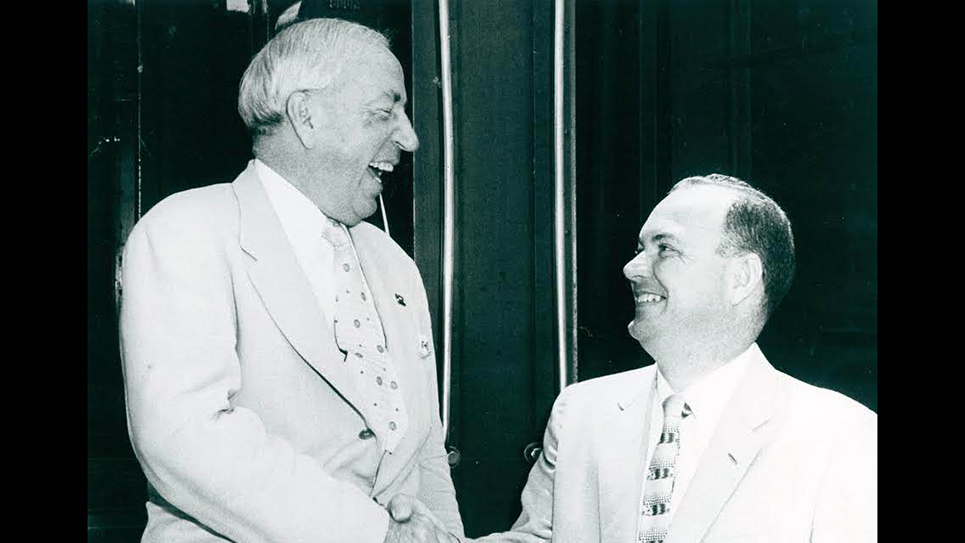The Tennessee Supreme Court today issued an Order stating all Tennessee courts will remain open during the coronavirus outbreak, but suspending all in-person judicial proceedings through March 31, 2020. Chief Justice Jeff Bivins declared a state of emergency for the judicial branch, which follows Governor Bill Lee’s Executive Order and declaration of a state of emergency on March 12, 2020. The Order applies to state and local Tennessee courts, including appellate, trial, general sessions, juvenile, and municipal courts.
“Each day across the State of Tennessee, thousands of people attend court proceedings in-person when they come to the courthouse as jurors, witnesses, litigants, or in another capacity. Public spaces in courthouses tend to be small, tightly packed bench seats that provide the type of situations public health officials have encouraged people to avoid during the COVID-19 outbreak,” said Chief Justice Jeff Bivins. “However, judges, court clerks, and others provide essential constitutional functions that must be carried on. In issuing this Order, the Court struck a balance in limiting the public’s exposure to the virus with continuing essential court functions judges must provide to ensure the administration of justice.”
The Order includes a substantial list of exceptions including proceedings necessary to protect constitutional rights of criminal defendants, such as bond-related matters and plea agreements for incarcerated individuals; civil and criminal jury trials that are in progress as of March 13, 2020; proceedings relating to orders of protection; proceedings related to emergency child custody orders; Department of Children’s Services emergency matters related to child protection; proceedings related to petitions for temporary injunctive relief; proceedings related to emergency mental health orders; proceedings related to emergency protection of elderly or vulnerable persons; and proceedings directly related to the COVID-19 public health emergency. In addition, other exceptions to the suspension of in-person court proceedings may be approved by the Chief Justice. Any permitted in-court proceedings will be limited to attorneys, parties, witnesses, security officers, and necessary persons as determined by the trial judge.
“We are reducing the number of people physically in the courthouse each day while ensuring judges and court clerks have the ability to continue with their constitutionally required duties,” Chief Justice Bivins said.
The Court’s Order includes several other provisions to help alleviate hardships or unintended consequences caused by the suspension of non-essential, in-person proceedings. For example, deadlines set forth in court rules, statutes, and administrative rules, including statutes of limitations, that are set to expire between March 13 and April 6, 2020, are extended through April 6, 2020 and orders of protection that would expire between March 13 and April 6, 2020, are extended until April 6, 2020.
“This is new territory for everyone,” Chief Bivins said. “We encourage judges, court clerks, attorneys, law enforcement, and others to work together to develop creative solutions that work for their individual jurisdictions. The goal is to limit the number of people coming into court each day while continuing to meet our duty and administer justice. We may amend this Order as the situation evolves, and we understand more about the obstacles judges and court staff are facing.”
The order expressly does not prohibit court proceedings by telephone, video, teleconferencing, email, or other means that do not involve in-person contact. The Court’s Order also suspends any Tennessee rule, criminal or civil, that limits a judge’s or clerk’s ability to utilize available technologies, including telephone conferences, video conferences, and video arraignments, that can help limit in-person contact. The Order does not affect a court’s consideration of civil or criminal matters that can be resolved without oral argument.







